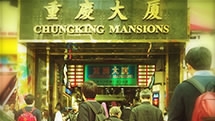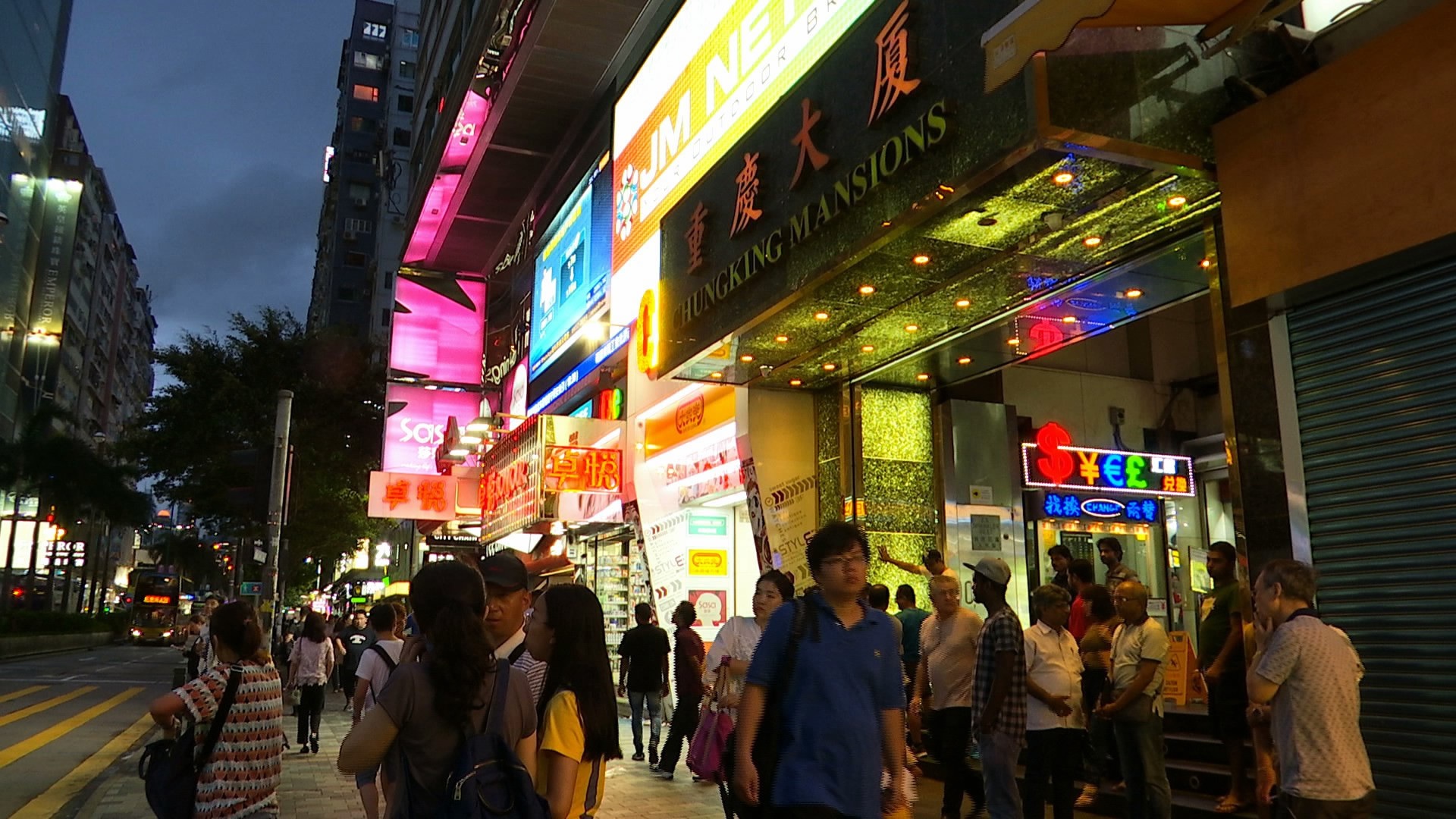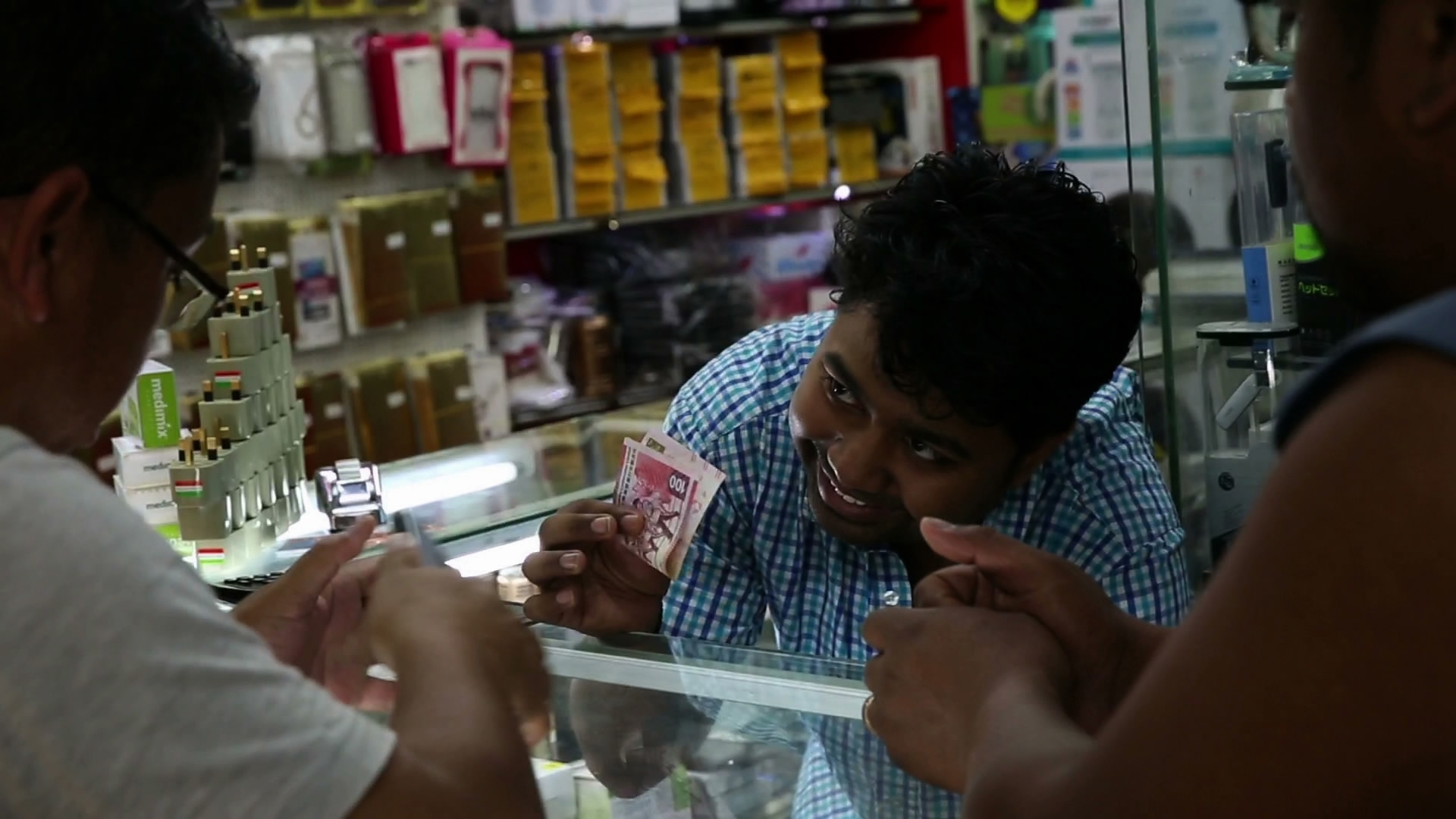
Culture & Sports
14:51, 28-Jun-2017
Hong Kong: Inside the infamous Chungking Mansions

By CGTN's Tao Yuan
Chungking Mansions is a dilapidated 17-storey structure of cheap guest houses, eateries and cut-rate businesses. The owners and visitors hail from the world over. It’s also an alien world right in the heart of Hong Kong’s tourist district of Tsim Sha Tsui.
When the local tourism board named Hong Kong as “Asia’s World City,” Chungking Mansions was probably not what it had in mind.
The behemoth of a building on Nathan Road has been a haven for the past few decades for budget travelers and ethnic minority traders from developing countries.
It’s also home to about 4,000 people, and receives visitors from 129 different countries every year. The building is arguably the most globalized architecture on earth.

Chungking Mansions
Chungking Mansions
Low-end globalization
Professor Gordon Mathews of the Chinese University of Hong Kong describes the complex as “a world hub of low-end globalization.”
In his book “Ghetto at the Center of the World: Chungking Mansions, Hong Kong,” he noted this form of globalization is not what most readers may associate with the term, as practiced by “activities of Coca-Cola, Nokia, Sony, McDonald’s, and other huge corporations, with their high-rise offices, batteries of lawyers, and vast advertising budgets.”
“Instead, it is traders carrying their goods by suitcase, container, or truck across continents,” says Mathews.
The American anthropologist spent four years researching and staying in Chungking Mansions, hopping between guesthouses and talking with its people, most of whom asylum seekers in Hong Kong.
“Low-end globalization is also individuals seeking a better life by fleeing their home countries for opportunities elsewhere,” says Mathews.

South Asian trader at Chungking Mansions
South Asian trader at Chungking Mansions
'Ghetto at the Center of the World'
Chungking Mansions exists in the imagination of many Hong Kong residents as a hellhole of vice. The building was immortalized in the 1994 Wong Kar Wai movie “Chungking Express” as a den for illegal activities.
“It’s got a bad name. The movie made it worse,” says Dennis Cheung, a Chungking Mansions resident for 20 years, who went on to become a management trainee at the building.
Despite a huge, largely-effective clean-up effort, the reputation never fully went away.
“There’s a misunderstanding for this place because this place is where poor people from developing countries hang out,” says one resident who did not want to be identified. “Hong Kong is supposed to be a cosmopolitan city, it’s not. It’s only a cosmopolitan city for western people.”
“Good and bad is always around you. People are ignoring the good here,” says Prabhdyal Singh, owner of an Indian restaurant at Chungking Mansions. “Like people who grow from here, people learning the way to live.”
1972km

SITEMAP
Copyright © 2018 CGTN. Beijing ICP prepared NO.16065310-3
Copyright © 2018 CGTN. Beijing ICP prepared NO.16065310-3